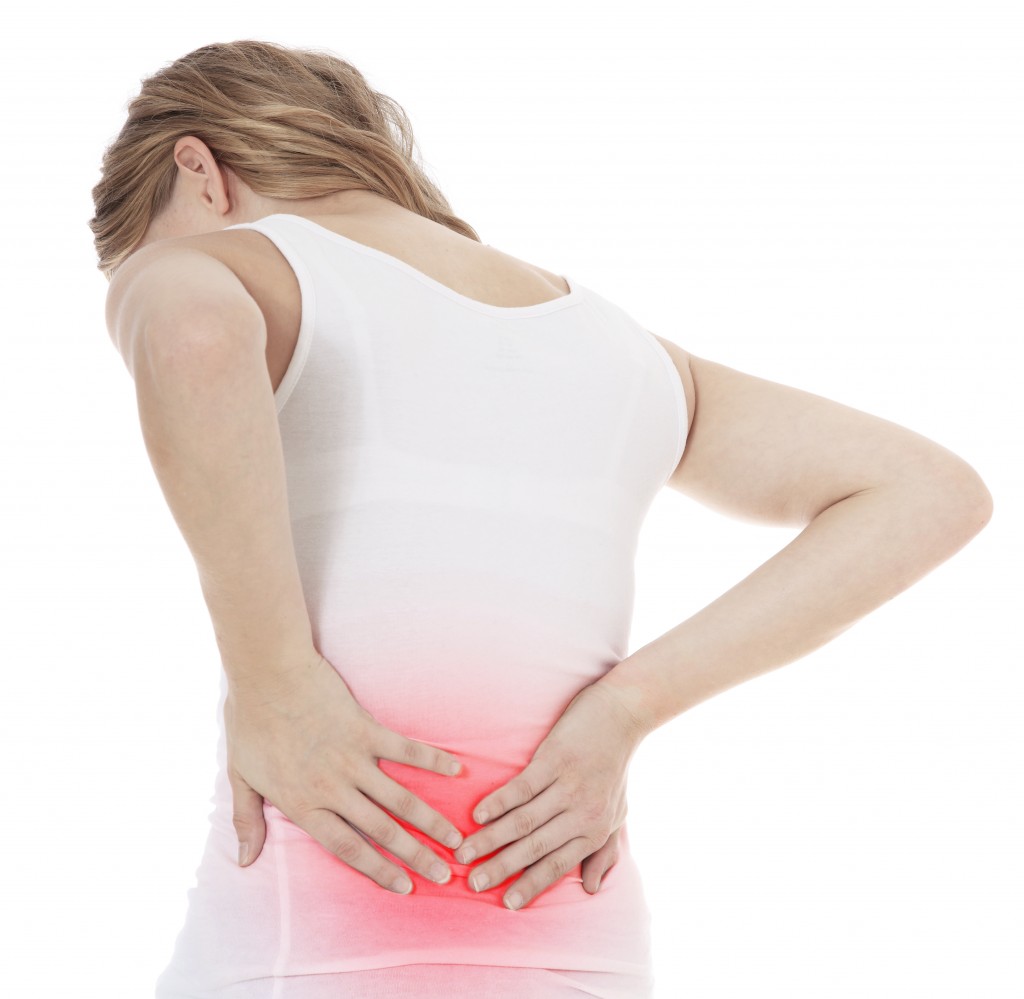With a lengthy list of to-dos, mothers need to be focused, alert, and in good physical condition. However, being healthy doesn’t happen all the time. Hundreds of moms also suffer from physical pain. It can debilitate enough to reduce their quality of life.
Fortunately, those who deal with pain can find relief in different medications. They can also pursue a neuropathy treatment in clinics and other key cities around the country.
It also benefits you to know whether females indeed feel more pain than males and why.
Pain and Women
No one probably understands pain more than mothers. All you need to remember is childbirth. But many studies also suggest women feel it more intensely than men even if the former are more likely to suffer from chronic diseases, such as heart disorders.
In 2005, the University of Bath researchers revealed that women reported more pain throughout their lifetime. They were also more likely than men to feel it in different parts of the body and for a more extended period.
In 2012, a study in the Journal of Pain also concluded the same thing. In the research, the team analyzed the pain perception of over 10,000 patients diagnosed with at least 250 conditions or diseases.
In almost all diagnoses, women claimed more intense pain, while the difference in pain perception was as high as 20%. Like the 2005 study, the female participants complained of more severe pain in the lower back and leg. They also reported the same feeling in the neck than men.
But Why?

Despite the growing number of studies that compare pain differences between men and women, researchers still cannot pinpoint the root cause. The following factors, though, could explain it:
1. Emotions
Studies and culture showed that women are more emotional than men, and this can raise a woman’s perception of pain. In the same breath, society views men as strong, and displaying pain can be construed as a sign of weakness. The 2005 research also noted that males are more sensory-focused, which allows them to better control or manage their pain threshold.
2. Hormones
Do you know that women are more prone to migraine headaches, clenched jaw, chronic fatigue syndrome, and fibromyalgia? Many will also experience abdominal cramps, especially before their periods.
One reason is hormones, particularly prostaglandin. When a woman is ovulating, they produce more estrogen. It helps the secretion of the luteinizing hormone, which releases a mature egg from the ovary.
However, as this hormone levels increase, so do prostaglandin, which can prevent the effects of pain pills or increase inflammation of the nerves.
The problem is, if the pain becomes cyclical or chronic, it affects the peripheral nervous system, which is a combination of nerves that connect the central nervous system to other parts of the body.
It can increase the production of the nerve growth factor (NGF). While this regenerates damaged nerves, it can also enhance the body’s pain reporting system.
Another hormone is cortisol. Although it is a stress hormone, it is also anti-inflammatory, particularly when produced at ideal levels. A 2009 research showed that men secrete more of it than women.
If you’re feeling acute or chronic pain, know it’s not a death sentence. Pain management research has grown significantly over the years. But you need to get help as soon as you can.

